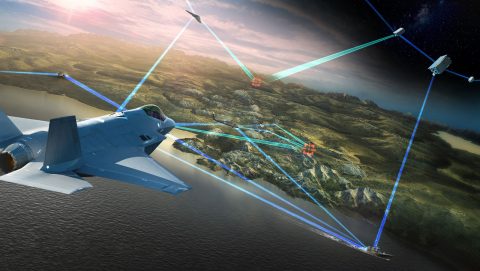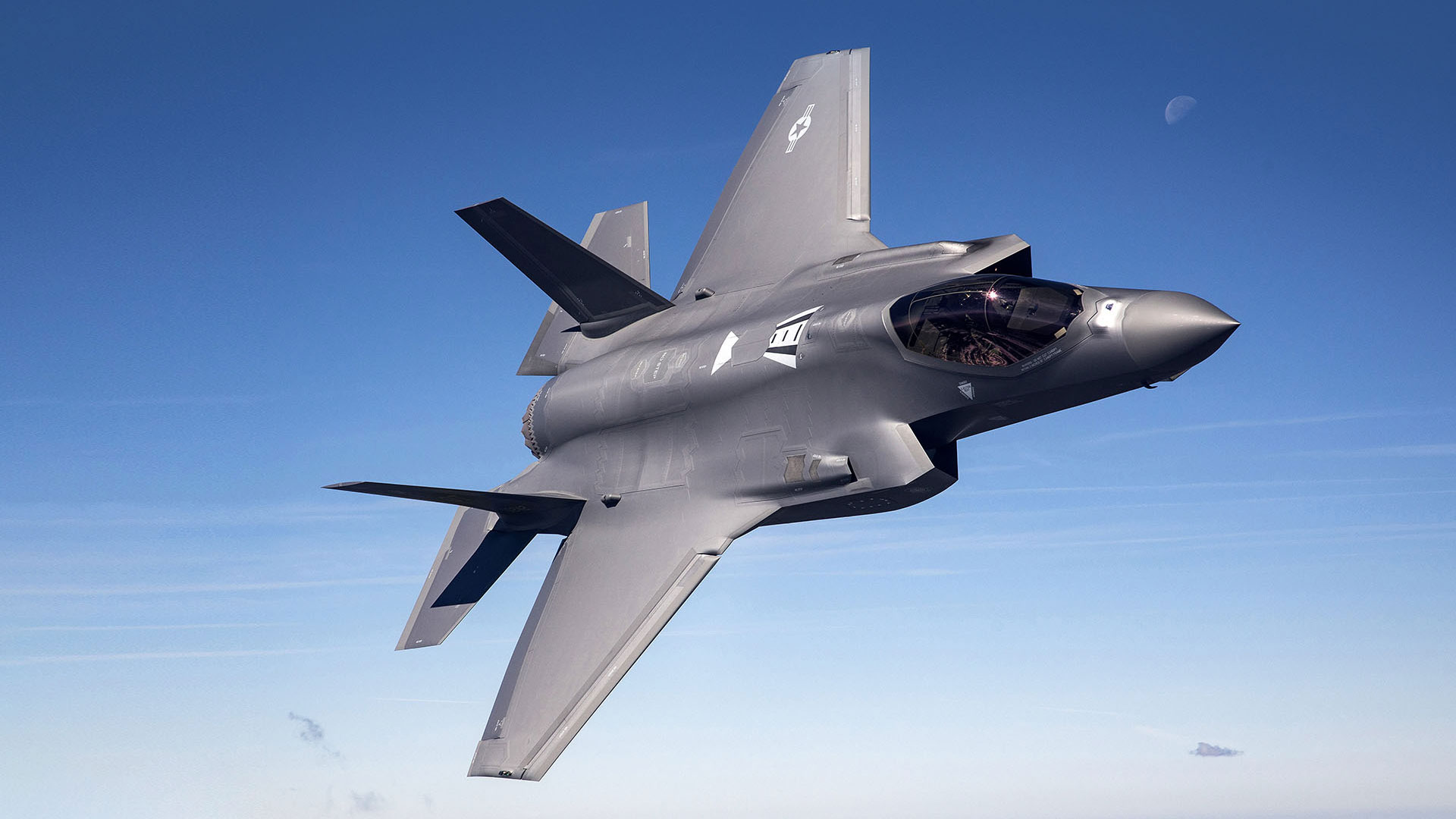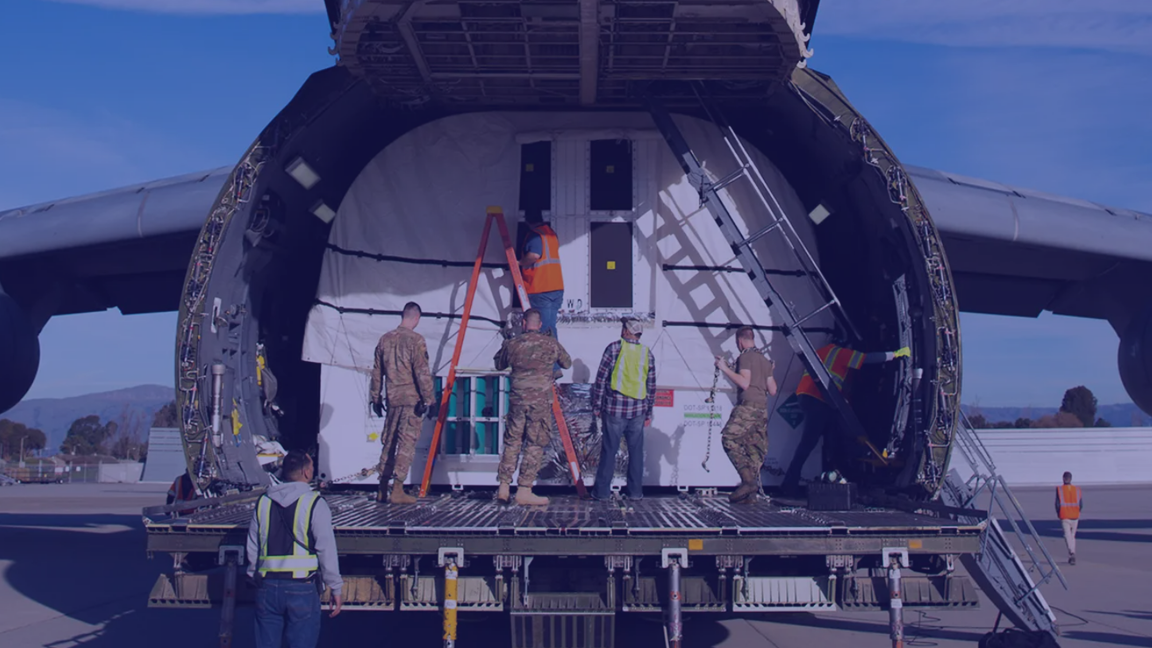Highlight Stories
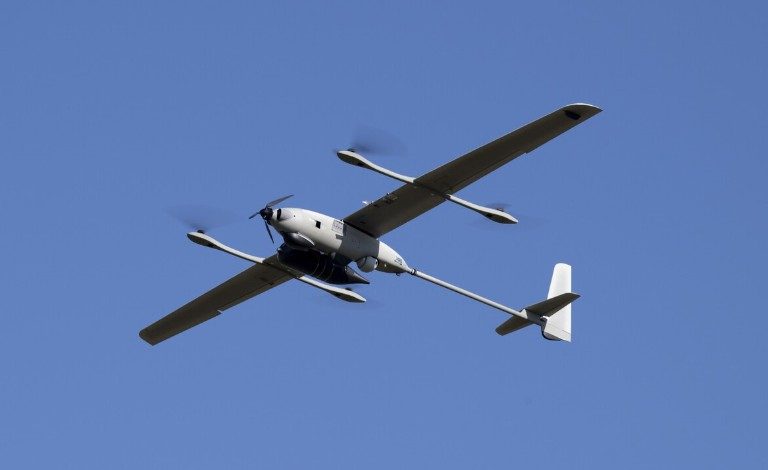
Innovating Hydrogen Technology Solutions
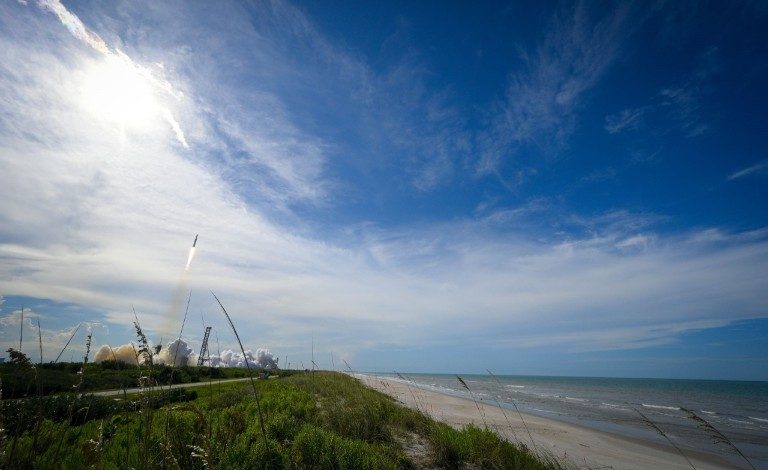
Improving Lives Through Satellite Imagery and Data
Lockheed Martin builds advanced satellites that ensure everything from weather forecasts to power grids run smoothly every single day. The company has created four weather satellites for the GOES-R program, with the final satellite launching from NASA’s Kennedy Space Center in June 2024 and operating until the early 2030s. With their advanced instruments and rapid updates, the GOES-R series has been providing more timely and accurate weather forecasts. This has ensured early warnings, disaster preparedness and resource management to ultimately help save lives and mitigate economic losses.
The company also builds the U.S. Space Force’s current and future Global Positioning System (GPS) satellites. The positioning, navigation and timing (PNT) support provided by these GPS satellites helps people get where they need to go, serves as the backbone for banking, supports power grid timing and enhances global farming activities, to name a few. GPS satellites also play a vital role in military operations, providing critical PNT data for field assets, delivery of supplies and troop navigation. By ensuring the accuracy and reliability of GPS signals, we help keep troops safe on the battlefield and enable them to return home safely.
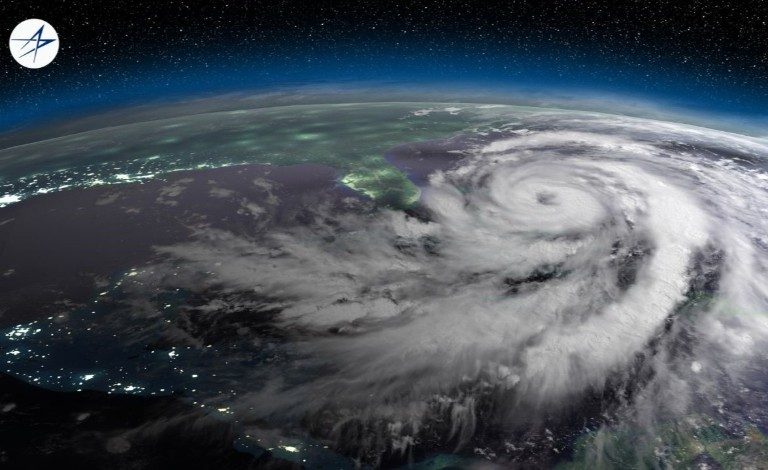
Contributing to Hurricane Research and Relief
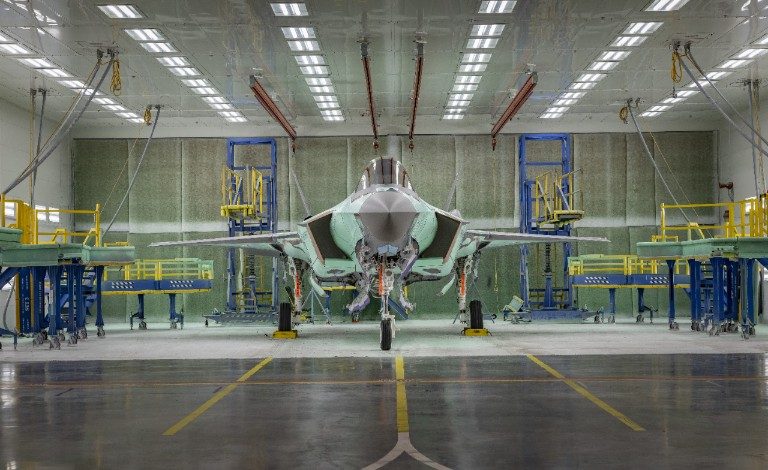
Increasing the Sustainability of the F-35 Lightning II Program
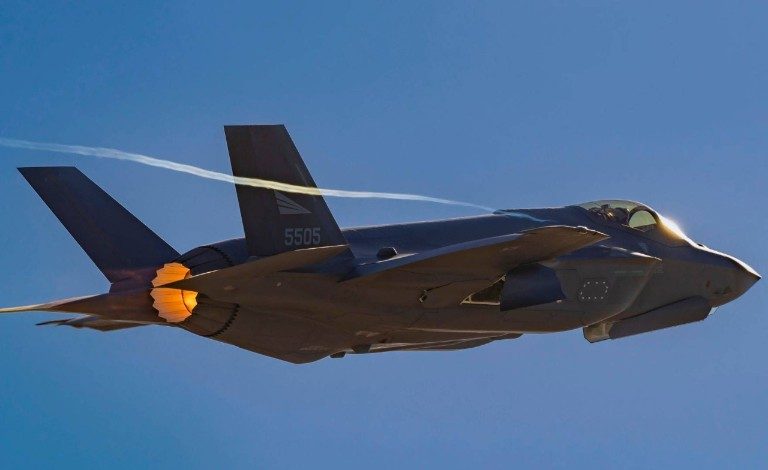
Synthetic Fuels Boost Mission Readiness for the F-35 Fleet
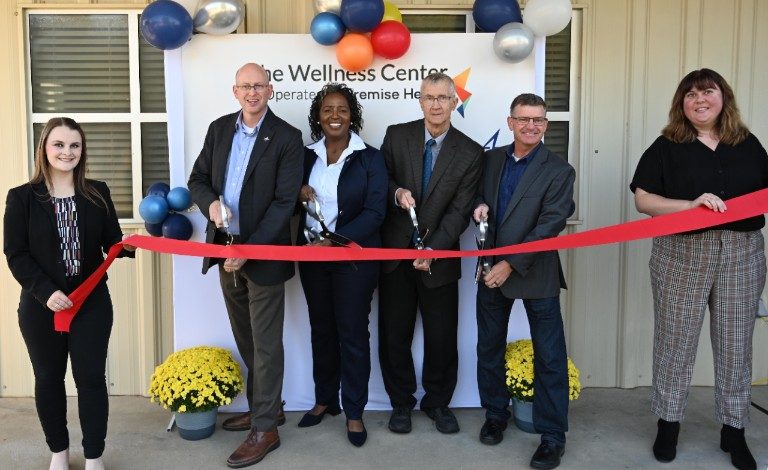
Improving Employee Wellness
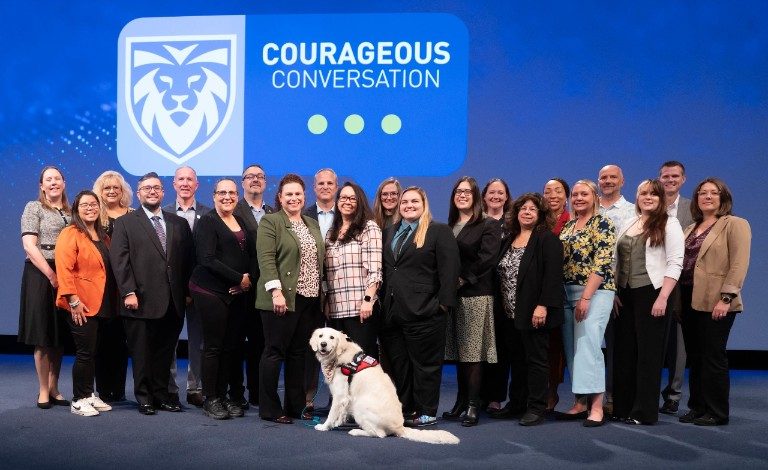
Unlocking the Potential of a Neurodiverse Workforce
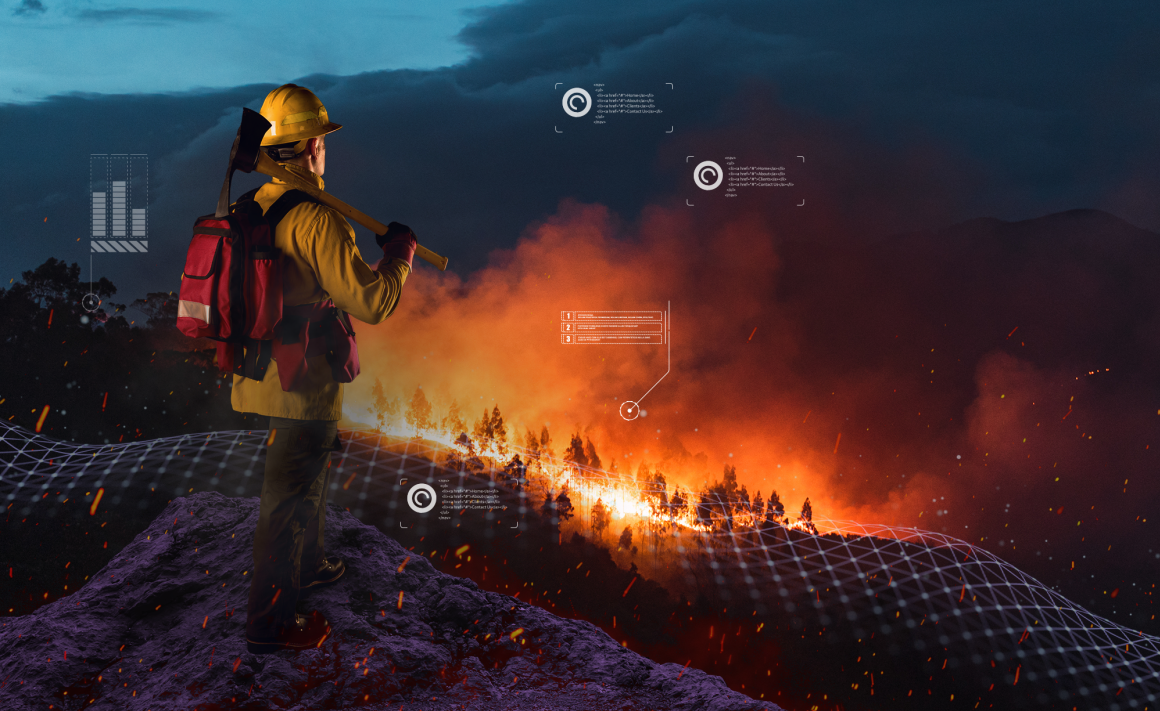
Reducing Wildfire Risk
Lockheed Martin has long been committed to wildfire mitigation. Our history of supporting rapid responders and impacted communities includes our specialized aircrafts that fight fires and our intelligence capabilities. We have artificial intelligence and machine learning prototype capabilities that are designed to help agencies and partners identify the potential for wildfires igniting from lightning strikes. We also offer near real-time data to wildland firefighters to aid them in their mission of predicting, detecting, and mitigating wildfires.
In 2024, we brought home our focus on fire prevention through a more simplistic and cost-effective method: through a partnership with Goat Green, we welcomed 1,200 goats to our Littleton, Colorado, facility to consume overgrown vegetation on the rocky, cumbersome terrain that can fuel wildfires. Overgrown vegetation and droughts can create ideal conditions for wildland fires—two factors Colorado has in abundance.
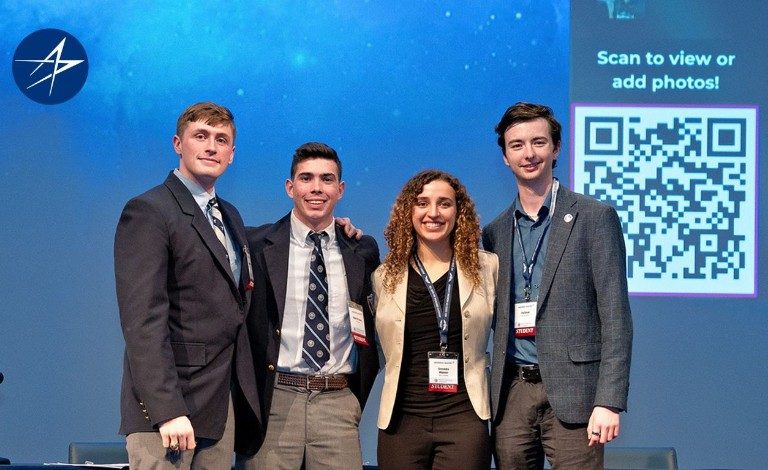
Inspiring the Next Generation of Ethical Innovators

